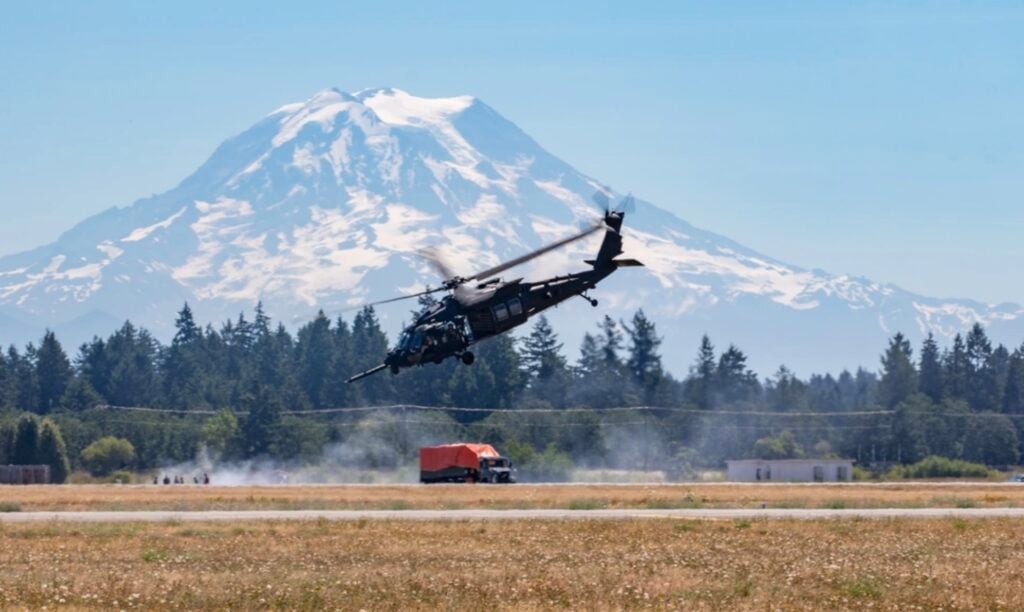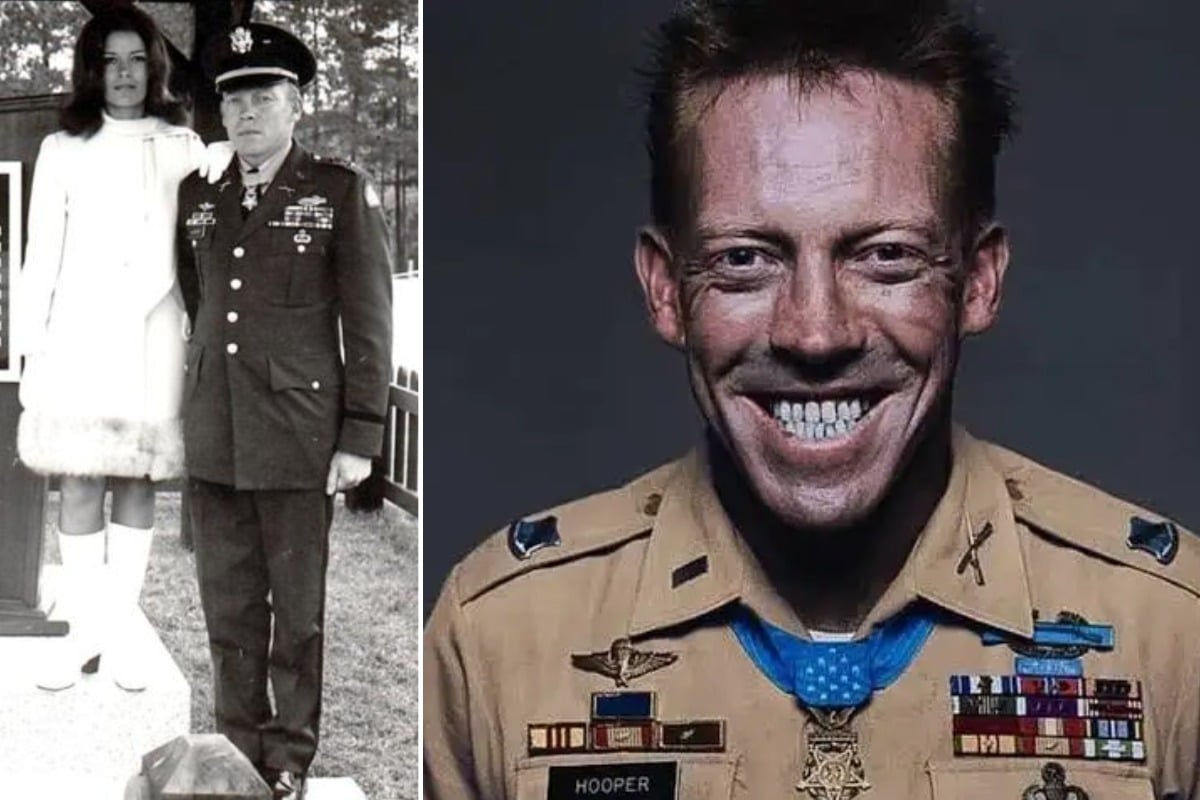Four members of the Army’s most elite aviation unit—160th Special Operations Aviation Regiment (SOAR), known as the “Night Stalkers”—are presumed dead after their MH-60 Black Hawk helicopter went down in rugged terrain near Summit Lake, Washington, late Wednesday night.
The crash occurred around 9 p.m. local time on September 17, in a rural area roughly 40 miles southwest of Joint Base Lewis-McChord (JBLM). The Army confirmed Friday that the four soldiers aboard were conducting a training flight and are believed to have died in the crash. Recovery operations are ongoing.
“These were elite warriors who embodied the highest values of the Army and Army Special Operations,” said Lt. Gen. Jonathan Braga, commander of U.S. Army Special Operations Command. “Their sacrifice will never be forgotten.”

Despite ongoing efforts involving military personnel, law enforcement, and fire crews, the terrain has reportedly made recovery difficult. Col. Allie Scott, a spokesperson for Army Special Operations Command, noted the crash site is in a “hard to reach” area.
The names of the fallen soldiers have not yet been released pending next-of-kin notification.
Who Are the Night Stalkers?
The 160th SOAR (Airborne) is not your average helicopter unit. These aviators specialize in night flying, low-level infiltration, and precision assault operations. They’re the same unit that flew Navy SEALs into Pakistan in 2011 during the raid that killed Osama bin Laden. The regiment is headquartered at Fort Campbell, Kentucky, with other battalions stationed at Hunter Army Airfield in Georgia and JBLM in Washington.
When the U.S. military needs to get the job done in the dark, in silence, and under the radar—literally—these are the guys they call.
And they’ve been paying a steep price.
© 2025 The Salty Soldier. All rights reserved.
This article may not be copied, redistributed, or reprinted without express permission.




